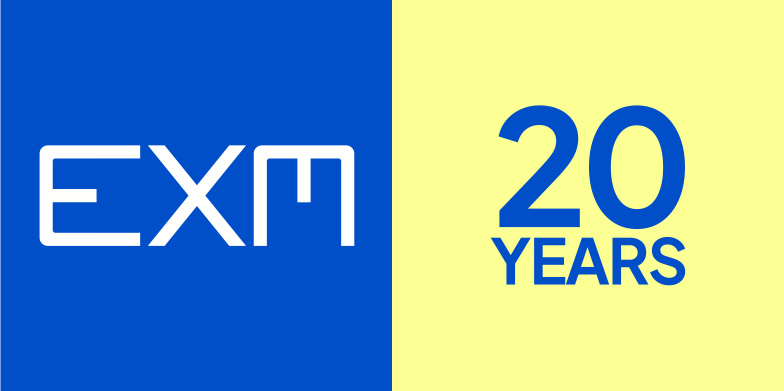Energy communities appeared in Europe in the early ‘90s. They were formed by private citizens and SMEs sensitive to environmental issues as well as to the reduction of energy costs. In fact, such communities were meant to promote a collaborative model for production and self-consumption of energy from renewable sources. Today the electricity monthly bill of tens of thousands of European citizens benefit from participation to energy communities. In Europe these initiatives are regulated and recognized through the RED II directive (Renewable Energy Directive).
Production of electricity from renewable sources by members of an energy community (actors such as private houses, condominiums, SMEs) is made in different ways, for instance
• actors of the energy community who can finance and build on their own roof top a photovoltaic system with capacity higher than their own self-consumption needs
• actors willing to host the photovoltaic system on their own roof top, however they have insufficient finances to build the system
• actors unable to build a photovoltaic system on their own roof top – for logistics or environmental constraints – although they can contribute to the cost of building a photovoltaic system on the roof top of other actors in the energy community.
Therefore, while it might not be possible or financially viable for the individual to build and manage a own photovoltaic system, the consortium of fellows in a community creates logistics and financial conditions which can support the construction of a number of photovoltaic systems owned collectively by the community.
Like any successful fellowship, an energy community is based on trust, agreed upon rules, and transparency in tracking production and consumption of energy units by each member of the community. It is paramount for the community to make rules and transactions digitally auditable, and share such ledger amongst all members of the community.
eggSolare platform is the first European implementation of such digital distributed and auditable ledger for energy communities. It uses the Ethereum blockchain technology to represent units (tokens) of assets which members of the community can own and exchange, namely
• equity in a given photovoltaic system owned by the community, with its nominal production capacity (token-equity). For instance, a 1MW photovoltaic system can be represented by 1 mio token-equities. Members of the community can purchase
• token-equities of a given photovoltaic system, the proceeds are then used to build the system
• electricity actually produced by each photovoltaic system as well as the electricity consumed by each member of the community (token-energy).
The first energy community in Italy to use the blockchain platform eggSolare is eGreen Chain, a newly established company (innovative startup) which builds and manages photovoltaic systems, manages fellow members, and trades energy with third partiy operators interested in electricity from renewable sources. Therefore, in addition to self-consumption, members of the community can redeem their own token-energy and obtain discounts on their electricity monthly bill from such thrird party operators. Moreover, eggSolare supports the secondary market for exchange of both token-equity and token-energy amongst members of the community as well as third parties interested in electricity from renewable sources (token-energy).
Ex Machina designs and develops the blockchain platform eggSolare on behalf of the energy community eGreen Chain, which is the owner of the platform.
More information here https://eggchain.net/eggsolare/



